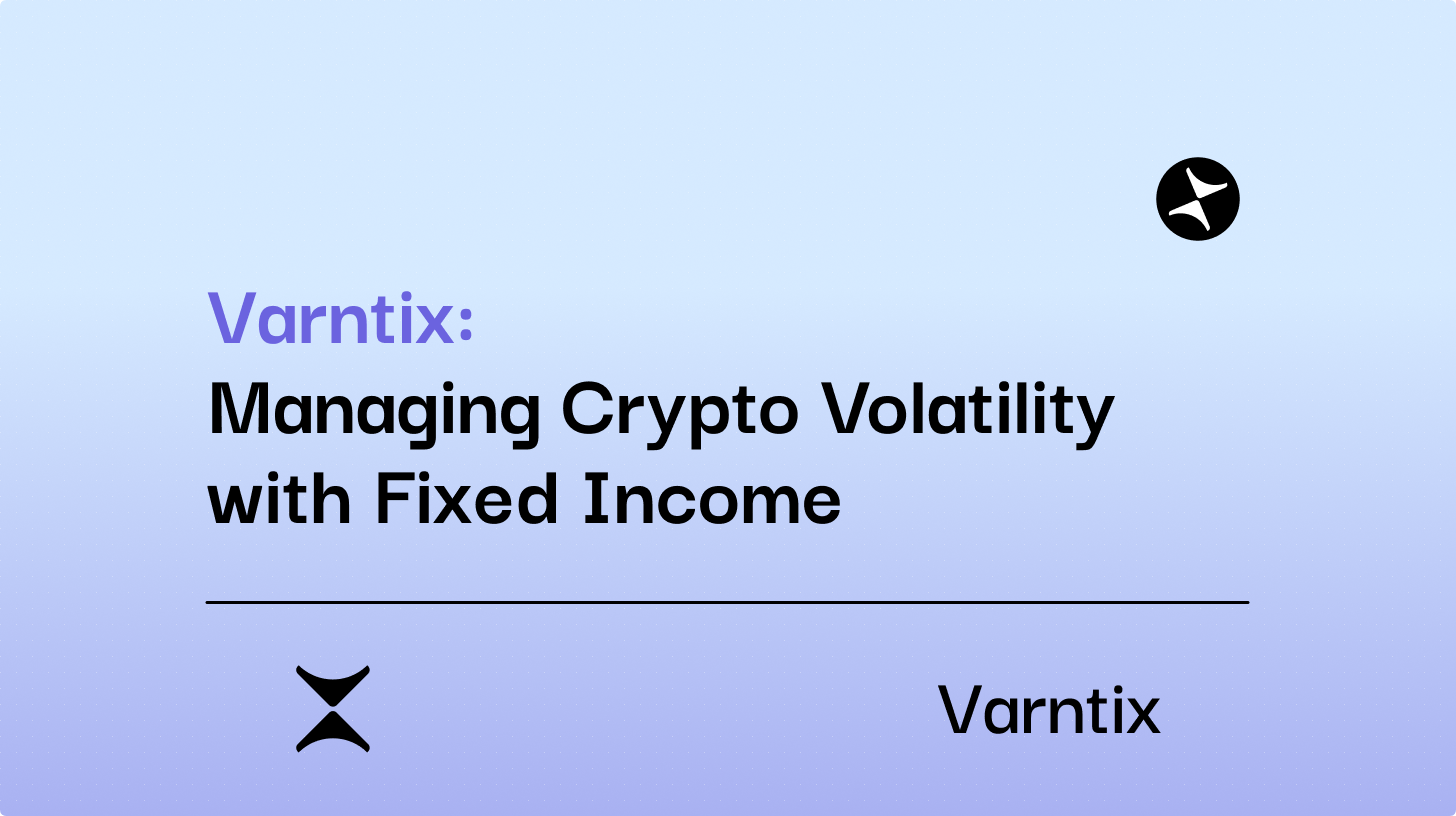Table of Contents
- Quick Overview - Transaction Finalization
- Cryptocurrency Settlement Process
- Decentralized Record Keeping
- Transaction Permanence and Inalterability
- Role of Smart Contracts
- Timing and Scaling Considerations in Settlement
- Mechanism of Proof-of-Work (PoW)
- Proof-of-Stake (PoS) Dynamics
- Advancements with Layer 2 Solutions
- Final Thoughts









